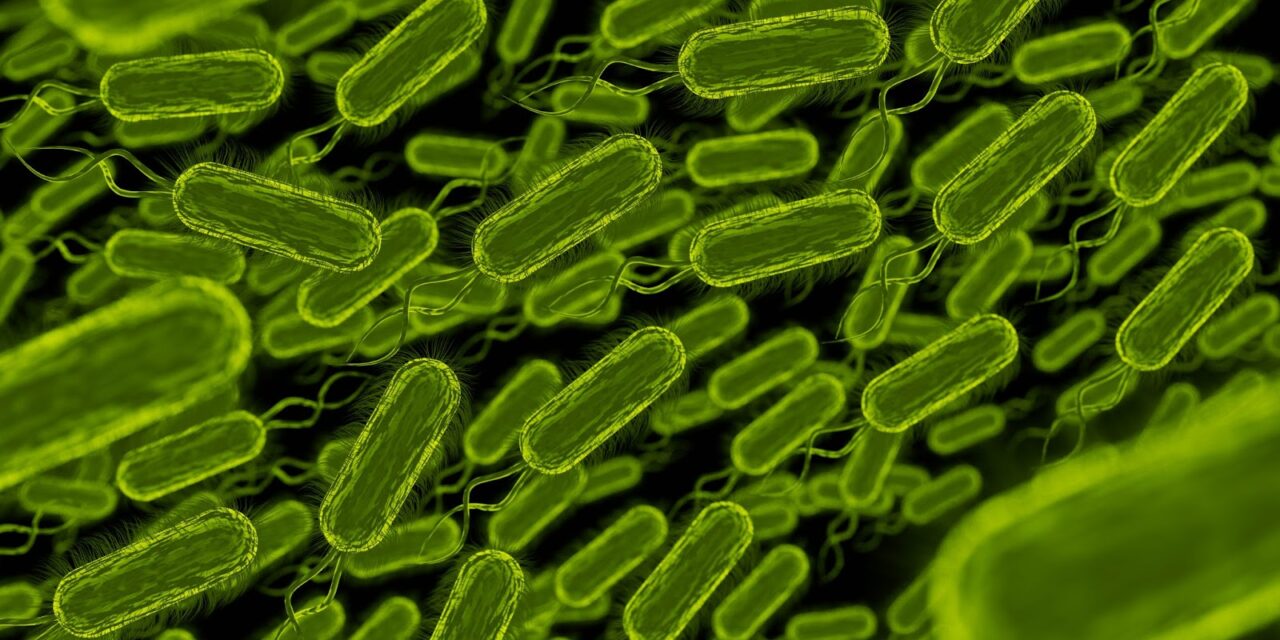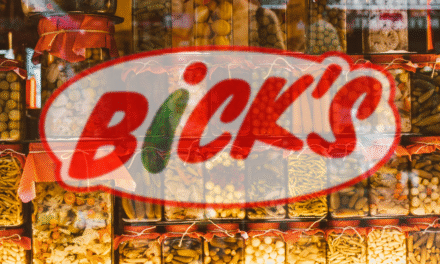In August 2025, Canada was rocked by a serious foodborne illness outbreak. Authorities reported a Salmonella outbreak linked to pistachios, resulting in dozens of illnesses across the country. This blog will break down what happened, the brands involved, the health risks, and what consumers should do.
What Is Salmonella?
Salmonella is a bacterium that causes food poisoning. Common symptoms include diarrhea, fever, stomach cramps, and vomiting. Most people recover without treatment, but in severe cases, hospitalization is necessary. Infants, the elderly, and those with weakened immune systems are at greater risk.
The 2025 Canada Pistachio Salmonella Outbreak
Overview
As of August 5, 2025, the Public Health Agency of Canada (PHAC) confirmed 52 cases of Salmonella across Quebec, Ontario, British Columbia, and Manitoba. Out of these, nine people were hospitalized, but fortunately, no deaths were reported.
Two strains of Salmonella—Salmonella Havana and Salmonella Mbandaka—were identified in this outbreak. These are less common but known to cause significant illness.
Key Agencies Involved
- Public Health Agency of Canada (PHAC) – conducting epidemiological investigations
- Canadian Food Inspection Agency (CFIA) – handling recalls and food safety testing
Products Recalled
1. Habibi Brand Pistachio Kernel
- Reason: Potential contamination with Salmonella
- Recall Date: July 2025
- Distribution: Sold in several provinces across Canada
2. Nut Works Raw Whole Pistachios
- Reason: Tested positive for Salmonella during routine inspection
- Recall Date: November 2024
- Note: No illnesses were linked to this product, but a precautionary recall was issued
3. Oasis Treasures Dubai Pistachio Chocolate Bars
- Reason: Contained pistachios potentially linked to contaminated supply chains
- Recall Date: December 2024
- Additional Risk: Cross-contamination with imported nuts
Symptoms of Salmonellosis
If you’ve consumed any of the recalled products, watch for the following symptoms:
- Nausea
- Vomiting
- Diarrhea (sometimes bloody)
- Abdominal cramps
- Fever and chills
- Headache
Symptoms usually start 6 to 72 hours after ingestion and can last up to 7 days.
Who Is Most at Risk?
Those particularly vulnerable to severe outcomes from pistachio-linked Salmonella infections include:
- Children under 5 years old
- Adults over 65
- Immunocompromised individuals
- Pregnant women
Epidemiological Investigation in Canada
Genetic Testing and Trace-Back
The PHAC worked with provincial health partners to perform genomic sequencing of the Salmonella bacteria. This helped confirm the link to pistachio products.
Previous Incidents
Canada has previously seen foodborne outbreaks associated with nuts. A notable case occurred in 2014–15 involving Salmonella Reading, where pistachios were flagged as a common exposure in outbreak interviews.
What Consumers Should Do
1. Check Your Pantry
Dispose of any pistachios or pistachio-based products listed in the recalls. Check product codes and best-before dates.
2. Monitor for Symptoms
If you feel unwell after consuming pistachios, contact your healthcare provider. Mention the outbreak and specific product consumed.
3. Practice Safe Handling
Even if not recalled, handle all nuts with care:
- Store in airtight containers
- Wash your hands after handling
- Keep away from raw or ready-to-eat foods
Industry and Government Response
CFIA Recall Measures
The CFIA issued national recalls, conducted product testing, and suspended sales where needed. Companies involved are required to improve their sanitation and supply chain transparency.
PHAC’s Public Communication
PHAC released regular updates and health warnings. They also worked with international partners to track any cross-border cases linked to imported pistachios.
Final Thoughts: Stay Informed and Safe
The 2025 Salmonella outbreak tied to pistachios is a serious reminder of the importance of food safety at every step of the supply chain. While the situation is being actively managed by Canadian health agencies, consumers play a key role in reducing risk through informed purchases and proper food handling.
Stay updated by visiting the CFIA Recall Database and PHAC Outbreak Notices.











